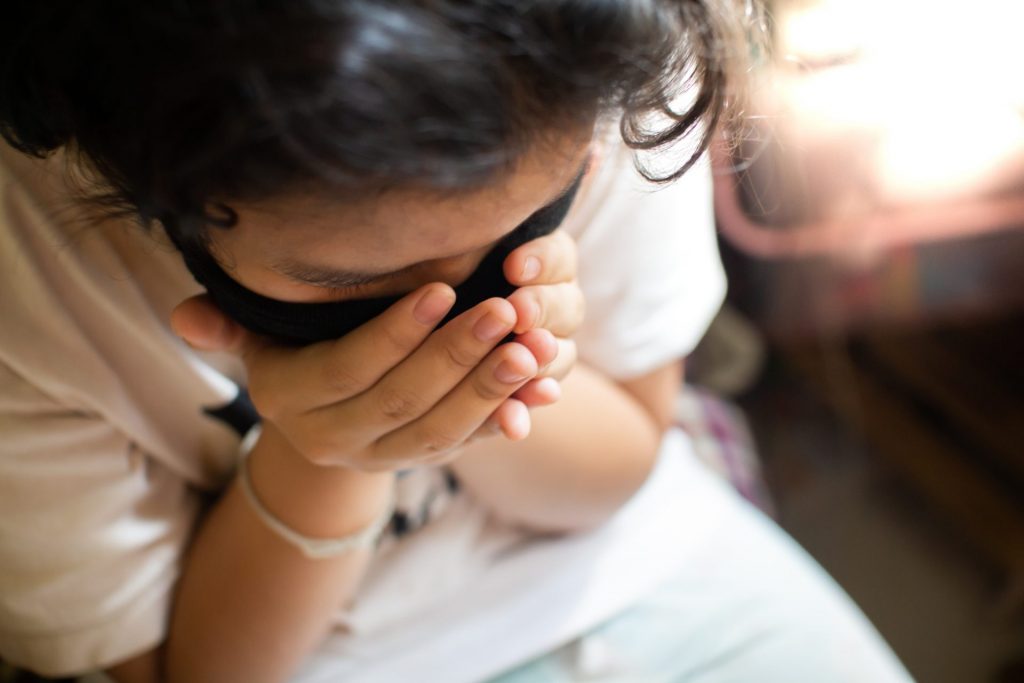Anxiety disorders often create difficulties for dealing with daily situations and tasks. Feeling confined is a common, consistent feeling that evokes the symptoms of anxiety.

Feeling Confined
Many people take for granted the ways in which their physical bodies are confined by situations and social norms. For those with anxiety, however, this confinement can create increased heart rates, trouble breathing, disorientation, and the desire to immediately escape the situation. It’s important to let others know when you experience anxiety as a result of confinement, as well as to work through these feelings with a mental health professional.
Seat-belts
Wearing seat-belts is required by law in most areas. Some people don’t wear seat-belts just because they don’t want to, while others, even those without anxiety, may fear being trapped by seat-belts if they get into a wreck. For those with anxiety, the feeling of physical confinement can start as soon as the strap touches the neck.
If you have anxiety and you find yourself constantly trying to get the seat-belt away from your neck, you have difficulty breathing while you’re driving, or other anxiety symptoms occur, it’s likely this is a result of seat-belt confinement anxiety. While it’s important to follow laws, it’s also important to take care of yourself. Pull over if you need to and take a few minutes to calm and center yourself. Also consider exploring options for added seat-belt padding and other aids that may relieve the feeling of confinement.
Elevators
Standing in the confined space of an elevator can be a huge source of anxiety, and for those with anxiety disorders, the feeling can become overwhelming. Keep in mind that it’s okay to tell others, even strangers, about your anxiety if you have to get into an elevator. If you have more anxiety while alone in an elevator, wait on another person to ride the elevator with you. Also look for alternative stair routes and work with a therapist to adapt your breathing and calming techniques to different circumstances.
Masks
COVID-19 and mask-wearing is a significant, often extreme, source of anxiety for those with anxiety disorders. The masks confine our most basic human function: breathing.
Instead of trying to just deal with the added anxiety, do everything you can to create windows of time when you’re not wearing a mask throughout the day. Let your employer know that you suffer from increased anxiety due to mask-wearing, and that you may need to step outside for a moment when the anxiety symptoms increase. Explore mask options to find the one that is most comfortable and least restrictive, while still being protective.
To schedule an appointment with a caring counselor in the North Dallas area, contact us today.
